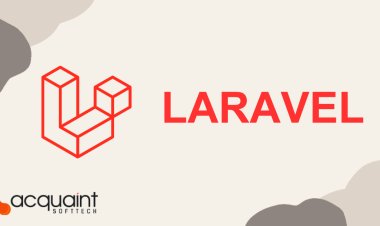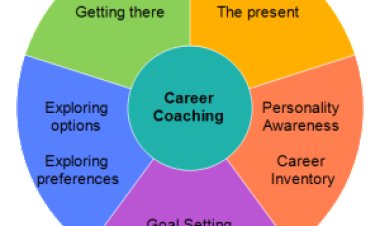How To Change Careers
Another way to advance your career change is to obtain direct work experience through freelance or volunteer opportunities. This can be helpful

You are not alone in thinking about a job shift right now. According to the most recent figures from the Bureau of Labor Statistics, nearly 6 million people changed careers in 2017. There are a number of things you may do to figure out if and when you should switch careers.
Changing careers typically entails looking into various fields of work, taking stock of one's existing skill set, and seeking for suitable possibilities that also match one's personal preferences and schedule. In this article, we'll go over some of the things you should think about while switching careers.
Deciding to change careers
Thinking back on the positives and negatives of your prior roles can assist inform your decision to make a switch. Make a list of everything that is wrong with your current job, and another list of everything that would make your ideal job perfect. Both lists could benefit from being sorted according to how critical each item is to achieving your professional goals.
Assess your current experience and skills
Now that you know why you want to switch careers and what you want to find in your next one, it's time to evaluate your present skill set and education to determine what makes you a competitive candidate. Even if your new job path isn't a perfect fit for your prior work experience, you probably still have many marketable abilities that can be put to use. It's possible that you've developed marketable skills in your current profession that could be put to use in another.

Make another list, this time include both your hard and soft abilities, to help you get your thoughts in order. Hard skills, like being fluent in a foreign language or adept at a particular piece of software, typically require formal education and experience to master. Interpersonal skills, or "soft skills," include traits like initiative, adaptability, and the capacity to work well with others.
Align your current skills with your career options
Step one involves constructing a table with three columns for potential occupations. Make a list of your transferable hard talents and the additional ones you'll need for each job path. Here's how the three parts break down:
1. Transferable skills:
Jobs that can be performed with the same level of proficiency using only the talents you already possess (i.e., your "transferable skills")
2. Some training needed:
Jobs where some but not all of your existing hard talents are directly transferable; these careers may require some further study or training.
3. Advanced skills required:

Jobs where your current set of hard talents is unlikely to be applicable (i.e., careers that may require a good deal of additional training or schooling)
Since many employers value soft talents, you can decide how much weight to give them while making your career decision. Think about the soft talents that might be most useful in your next job. You can use the most crucial ones as part of your criteria for selection.
It's time to research your career alternatives now that you know what you want out of a job and what hard and soft skills are necessary for success in the field.
Research new careers
Indeed is a good place to begin your look for a job. You can narrow your results by adding more filters, such as location or salary range. Finding new work prospects that make use of your existing hard talents can be done in this way.
Enter "WordPress" if you know your way around that content management system. You can see a comprehensive list of available positions, such as WordPress Developer and Graphic Designer, on that page. Multiple search terms may be entered to narrow the results. If you use quote marks around terms like "WordPress" and "HTML," you can limit your search to just return results containing those exact phrases.
Update your resume
Depending on the variety of jobs you plan to apply for, it could be useful to create many variations of your resume. Make sure your resume highlights the hard and soft abilities necessary for the jobs you're interested in pursuing.
For instance, you might list WordPress expertise as an additional qualification on your current résumé. If you're seeking for positions as a WordPress Developer, a personal website showcasing your expertise with the platform should be among the first items on your CV. You should elaborate on your WordPress experience and education in your skills section.
Follow the same procedure to make each application look unique. Job descriptions are a good source of information about the qualifications, experience, and character traits that prospective employers value. Making sure your CV is specific to each job application can rapidly set you apart from the competition.
Find additional training
If you're set on pursuing a career for which your qualifications aren't quite a match, it's in your best interest to improve in as many relevant areas as possible before applying for jobs.
While this could set your career switch back by a few months, the extra time spent learning new skills could prove invaluable. Some jobs are worth the extra effort in preparation because of the superior income, benefits, and job satisfaction they offer.
Make a transition plan
Leaving your current career in search of a better one can be an appealing option. You should wait until you receive a firm employment offer before making a career change. No job switch, especially one within the same field, is risk-free.
You should leave your current employer on good terms after receiving a job offer. Maintaining a cordial connection with your employer while you transition to a new role is facilitated with a gracious resignation letter.













